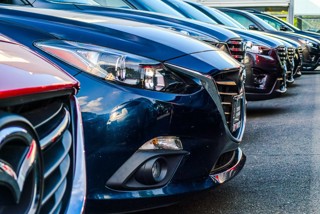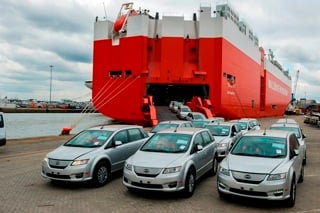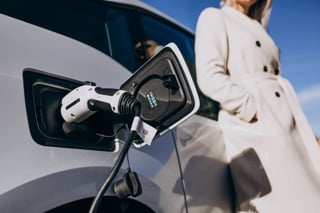Petrol hybrid cars are showing the greatest forecourt price resilience as petrol and diesel vehicles both show falls of around 5%, Cap HPI has revealed.
Just a fortnight after Rupert Pontin, director of valuations at date rival Glass’s, stated that the hybrid vehicle was a “passing phase”, soon to be rendered obsolete by advances in EV technology, Cap HPI’s figures show that the AFV drivetrain is faring best at the sales.
The gap for petrol hybrid vehicles between the price advertised and sale price achieved is only -2.8%, Cap HPI stated, which compares favourably to an average of -5% and -5.25% for electric vehicles.
The average gap between advertised value and sale price is £376 for petrol hybrid vehicles.
The figure rises to £890 for diesel hybrids.
Petrol vehicles outperform diesel, with a drop of £430 against £609, respectively.
Philip Nothard, retail and consumer specialist at Cap HPI, said: “It is clear there is strong demand for petrol hybrid vehicles in the used market. Lower volumes and good fuel efficiency make an attractive package for the used buyer.”
Volumes of petrol hybrid vehicles remain low, accounting for 58,846 of the 2,136,155 new cars registered to date in 2016.
Nothard added: “In a tightening market it is important to make the right stocking decisions. Having the right information can help retailers react quickly to the local market with stocking and pricing decisions. It is important to use the most up to date and accurate data.”
Earlier this month Rupert Pontin said: “Hybrids are designed to solve two of the problems that EVs have faced in recent years – high cost and low range.
“However, there are very clear signs that these issues are being resolved very quickly. For example, the revised Renault Zoe announced at Paris Motor Show has a 250-mile range and costs £17,000.
“Similarly, the new battery in the BMW i3 lasts around 190 miles and Volkswagen is claiming that its IQ, which will come to market in 2020, will go up to 373 miles between charges and be priced competitively.
“The fact is that vehicles such as this effectively remove the rationale for hybrids. Within a few years, hybrids could be seen as little more than a curiosity and this will undoubtedly affect their values.”

















Login to comment
Comments
No comments have been made yet.